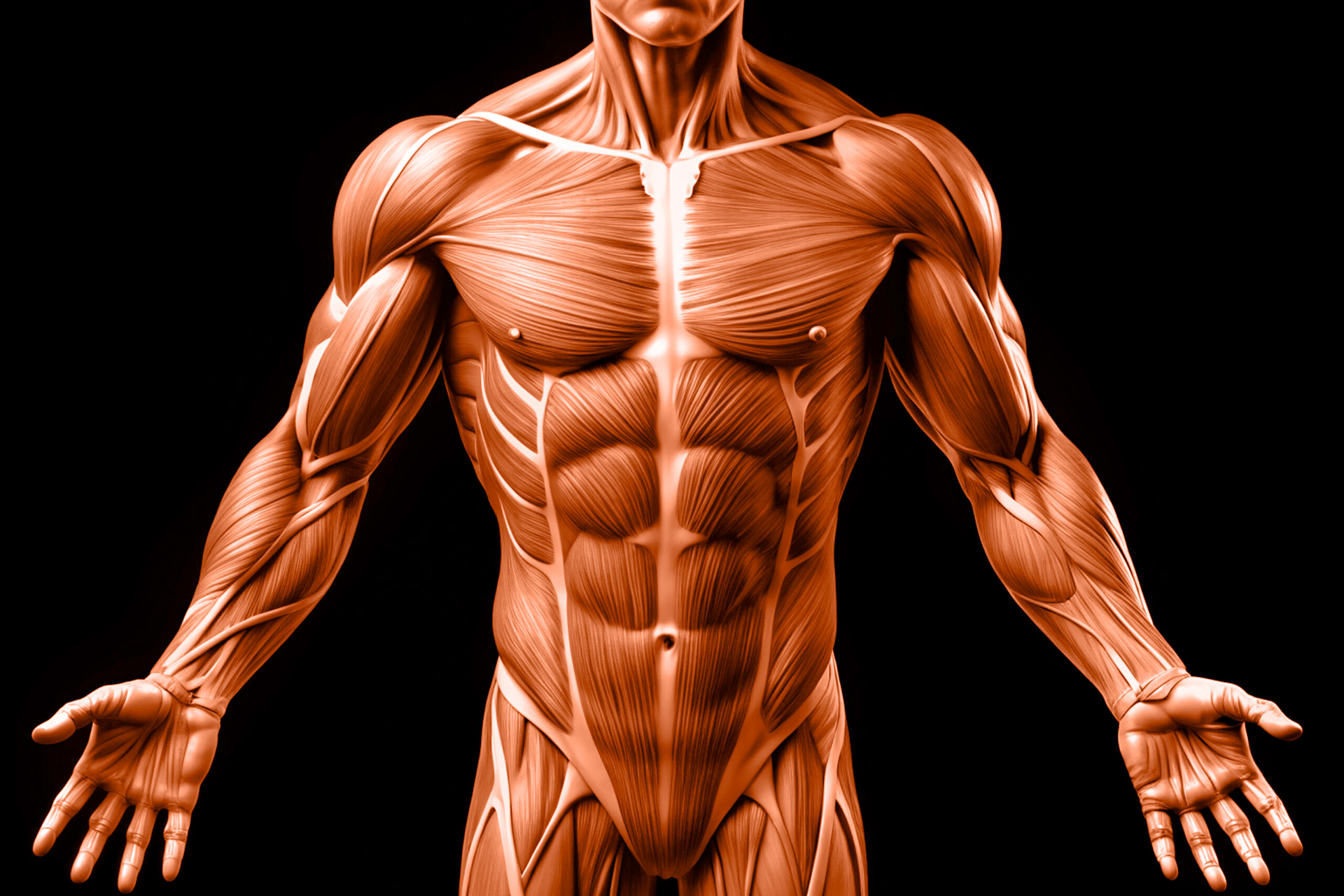- Our Expertise
- Muscle-Wasting conditions : Sarcopenia
MUSCLE-WASTING CONDITIONS
SARCOPENIA : Age-related muscle loss
Sarcopenia refers to muscular alterations that occur with ageing and that affect the mass, the strength, and the quality of the muscles. A sarcopenic person is characterized by the Society of Sarcopenia, Cachexia and Wasting Disorders as “a person with muscle loss whose walking speed is equal to or less than 1 m/s or who walks less than 400 m during a 6‐minute walk, and who has a lean appendicular mass corrected for height squared of 2 standard deviations or more below the mean of healthy persons between 20 and 30 years of age of the same ethnic group.
of people affected
worldwide
worldwide
>
0
MM
Global Health costs
for sarcopenia
for sarcopenia
>
0
bn
pharmacological
treatment to date
treatment to date
0
0

Models
We have a long track record with ageing models. These models can be obtained at a younger age for long term longitudinal studies or at a specific age for short-term studies. The ageing mouse model is very popular in sarcopenia and muscle-wasting researches due to its simplicity and reproducibility.
- Sarcopenia mouse model
- Sarcopenic Obesity mouse model
- Sarcopenia rat model
Methods
We master gold-standard methods to provide you with high-added value data about your health products efficacy and mechanisms of action on key hallmarks of to sarcopenia such as food intake, body weight, muscular performance and circulating plasma biomarkers. In addition, we offer complementary techniques that allow performing histological and genomic analyses on key tissues and organs.
- Body weight and food intake measurements
- Body composition by TD-NMR
- Muscle weight
- Endurance and/or performance tests in metabolic treadmills
- Grip strength by Grip strength meters.
- Muscle force, fatigue and recovery by Aurora System
- Muscle Histology, Proteomics & Genomics



